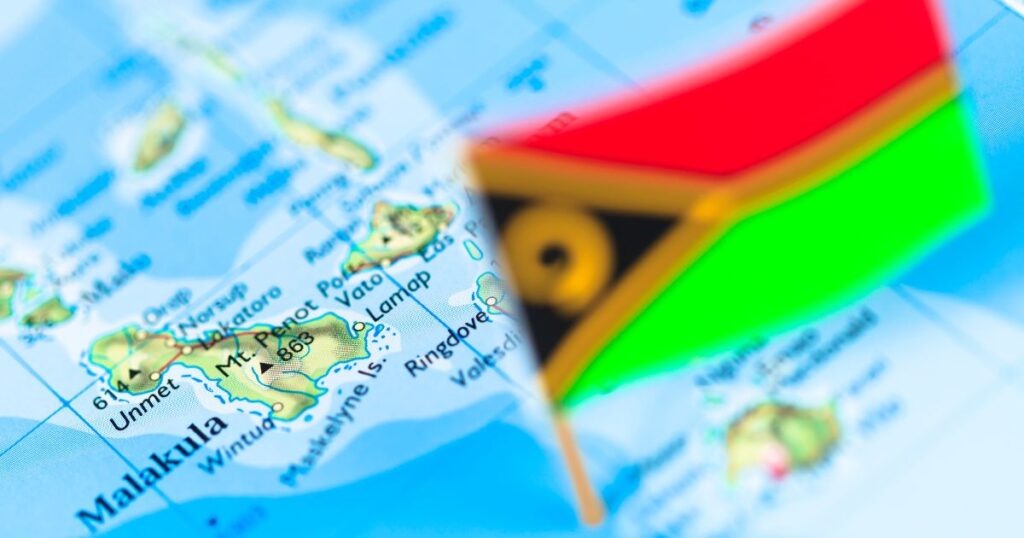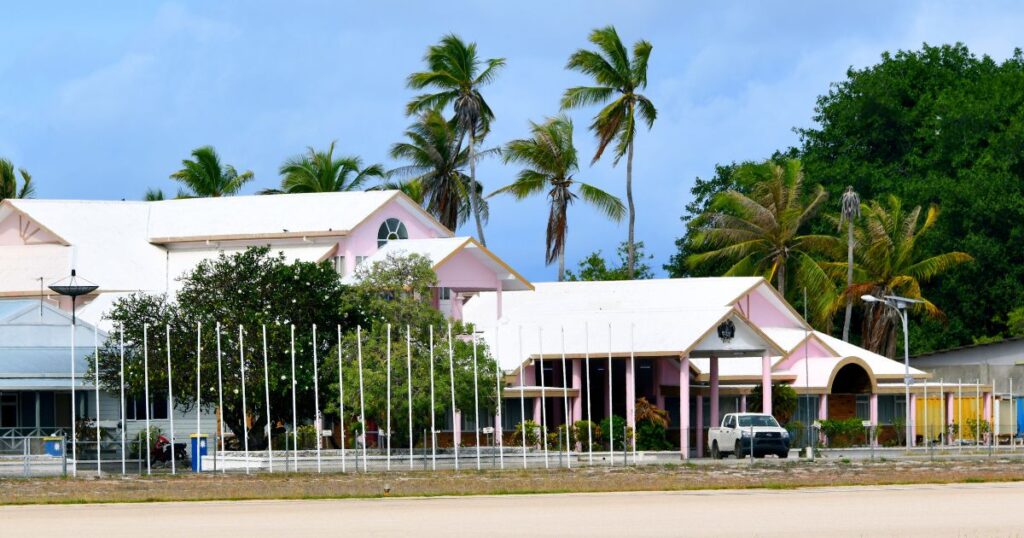Extradition law is the formal process by which a fugitive found in the one country is surrendered to another country or state for trial, punishment, or rehabilitation. Dual criminality is a conduct for which extradition is sought must be considered criminal in both the requesting country and in the host country.
Citizenship by investment programs (CIP) do not provide shelter to criminals and fugitives. Many of those who abuse CBI schemes, are not aware the extradition treaties exist with CBI countries and fugitives can be stripped of their citizenship and can be deported back. CBI regulations have been tightened these days making it difficult fugitives using Citizenship by investment programs as cover to evade law enforcement abroad.
Since most of the CBI countries are Commonwealth territories, the extradition is covered by Commonwealth and Foreign Territories Act. Some of the commonwealth countries include UK, India, Bangladesh, Pakistan, Nigeria, Australia, New Zealand, Singapore, South Africa, Malaysia, Kenya etc.
1. Antigua & Barbuda
Antigua and Barbuda enacted an Extradition Act, 1993, that allows for extradition in the absence of a specific bilateral treaty. The country has entered into treaties with the United States of America and it is also a party to the Organization of American States extradition treaty (OAS). There are 35 OAS member countries
India has also signed extradition agreement with Antigua and Barbuda in 2001. The extradition between Commonwealth members and foreign states is effected under treaty arrangements in accordance with established rules of international law. Antigua has passed a legislation for mutual assistance in criminal matters in 2020
2. Dominica
Commonwealth of Dominica has signed extradition treaty with United States and also with Commonwealth countries (eg. Canada, Australia, UK, South Africa etc) for extradition of fugitives. Dominica, as a commonwealth country can also extradite criminals and fugitives under commonwealth law.
3. Grenada
Grenada also has extradition treaty with United States, China, Russia and other countries, and also can extradite fugitives under commonwealth law (eg. UK, Canada, Australia, Pakistan etc).
4. St Kitts & Nevis
St Kitts has extradition treaties signed with United States and Commonwealth countries (UK, Canada, India, New Zealand) under Fugitive offenders act.
5. Saint Lucia
Saint Lucia has concluded various bilateral treaties with the United States, including a maritime law enforcement agreement (subsequently amended to include overflight and order-to-land provisions), a mutual legal assistance treaty, and an extradition treaty. Further treaties signed extradition treaty with France recently in 2018, and being a part of commonwealth also extradites fugitives and criminals. The extraditions are automatically refused where the crime is political in nature.
6. Vanuatu
Vanuatu has no extradition treaty with United States, but being a part of commonwealth takes part in extradition proceedings with commonwealth members. Vanuatu also has extradition treaties with nearby pacific countries
7. Montenegro
Montenegro has signed extradition treaty with Serbia, Italy, Macedonia, Croatia and Bosnia. Criminal legislation do apply to citizens who commit a crime after becoming citizens and do not absolve the crimes committed abroad. Here are the list of countries Montenegro has extradition treaty agreements
United Kingdom – YES
United States – YES
China – NO
Russia – NO
India – NO
Canada – NO
8. Malta
Malta being a full EU member state, has committed to fighting crime by signing extradition treaty with many jurisdictions including United States and Commonwealth countries. Malta recognizes two types of Extradition procedures: Normal and through the European Arrest Warrant (EAW).
9. Cyprus
Cyprus being a EU member state and Commonwealth country has extradition treaties signed with United States, United Kingdom and recently with China in 2018. Cyprus maintains bilateral agreements on legal co-operation which includes provisions on extradition with the following countries: Czech Republic, Georgia, Slovakia, Serbia, Hungary, Slovenia, Germany, Egypt, Bulgaria, China, Greece, Jordan, Syria, Lebanon Russia, U.S.A, Ukraine, Poland, Belarus, Libya.
10. Turkey
Turkey has extradition treaty with United States, India. Turkey recently updated its legislation to cooperate with foreign states with extradition on criminals. In March 2016, Turkey also ratified the European Convention On Mutual Assistance In Criminal Matters. Turkey can refuse extradition requests from foreign countries if:
- The request concerns a Turkish citizen, except for obligations arising from affiliation to the International Criminal Court.
- A strong presumption exists that the person subject to the request will face torture, cruel treatment or will be subject to investigation based on their race, ethnic background, religion, nationality, affiliation to a certain social group, or political views.
- The person subject to the request has already been imprisoned or acquitted in Turkey.
- The request concerns a crime subject to the death penalty, or a sentence could be imposed which is incompatible with human dignity.
The Turkish Republic has concluded bilateral extradition treaties/agreements with United States of America, Algeria, Morocco, Iraq, Iran, Kazakhstan, Kuwait, Turkish Republic of Northern Cyprus, Libya, Lebanon, Egypt, Mongolia, Uzbekistan, Pakistan, Syria, Tajikistan, Tunisia, and Jordan. Besides, the Turkish Republic has acceded to the multilateral European Convention on Extradition to which Albania, Andorra, Armenia, Austria, Azerbaijan, Belgium, Bosnia and Herzegovina, Bulgaria, Croatia, Czech Republic, Denmark, Estonia, Finland, France, Georgia, Germany, Greece, Hungary, Iceland, Ireland, Italy, Latvia, Liechtenstein, Lithuania, Luxembourg, Malta, Moldova, Monaco, Montenegro, Netherlands, Norway, Poland, Portugal, Romania, Russia, San Marino, Serbia, Slovakia, Slovenia, Spain, Sweden, Switzerland, the former Yugoslav Republic of Macedonia, Ukraine, United Kingdom, Israel, and South Africa.
North Macedonia
Bilateral agreements now exist with Serbia, Montenegro, Italy, Bosnia and Herzegovina and Croatia
References
- India – India has Extradition Treaties currently in force with the 60 Countries
- China – China maintains extradition treaties with 59 nations/jurisdictions while 39 of them are ratified
- United States – United States extradition treaties includes 116 countries
- United Kingdom – Extradition agreement signatories for mutual legal assistance
- Canada – Extradition treaty countries
Note:
- Some countries, such as Austria, Brazil, Czechia, France, Germany, Japan, Norway, China, Taiwan, Russia, Saudi Arabia, Switzerland and Syria, forbid extradition of their own citizens. These countries often have laws in place that give them jurisdiction over crimes committed abroad by or against citizens.
- Many jurisdictions, such as Australia, Canada, Macao, New Zealand, South Africa, and most European nations except Belarus, will not allow extradition if the death penalty may be imposed on the suspect





